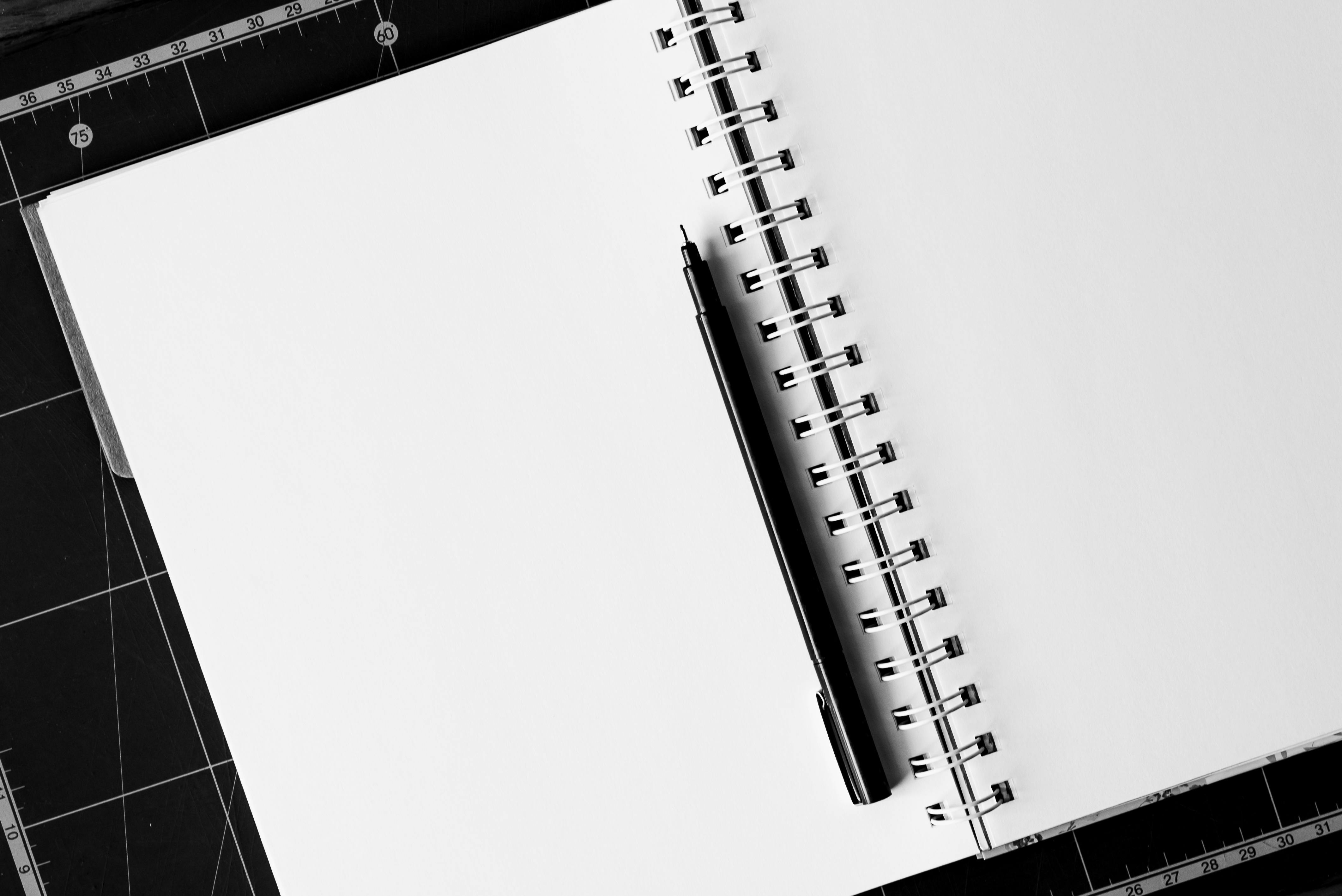Essay Types: Reflective Essay
Essay Types: Reflective Essay
![]() Jul 17, 2020 07:35 AM - Jul 17, 2020 12:00 PM
Jul 17, 2020 07:35 AM - Jul 17, 2020 12:00 PM
Timezone
No tickets available for purchase now.
Subscribe Notification
* Tickets amount and categories may not be always available when tickets go on sell, this is solely for the purpose to notify you when tickets become available.
 Description
Description
You may wonder what a reflective essay is and how it is different from all other types of essays. In this work, the author reflects on their personality, describing people, places, or things from personal life. The writer tells the audience who they are and how they made their way. This essay does not contain any research, it’s more personal, and it’s possible to compare it with the dairy.
Plan your essay.Before you start writing your paper, you need a clear plan. We assure you that it’s impossible to make a good essay without planning your every step. These are the main functions of an outline:
Topic: You need to introduce your topic early on. Grasp your reader’s attention. You can do this in several ways:
- A small anecdote.
- A quote.
- Starting with the end of the story and working backward.
- A flashback.
Personal reflective essay ideas. Here are some essay example ideas from myadmissionsessay.com:

- How I met my best friend, and why we became friends.
- An unusual situation that changed my life.
- The biggest failure happened in my life (we suggest providing a story of how you managed with it).
- The most exciting moment I experienced.
- My biggest fear (the excellent idea is to describe the situation and how you came over it).
- The greatest love of my life.
Interest: The main body of the essay needs to be interesting. Some pupils spend so much time on the introduction that the central theme becomes dull and flat.
Motif: Have a topic or symbol running through your essay.
Tone: Make sure your mood and personality are shining through.
Anecdotes: Use anecdotes to engage your reader.
Use sophisticated vocabulary. Think of word choice and the effect you want.
Punctuation: Use a variety. Everything that you see in a Close Reading paper should be present in an essay: colon, parenthesis, ellipsis, semi-colon, dash, etc.
Imagery: Use a variety of imagery to describe your emotions. Compare your sadness, tears, happiness, excitement, nerves, panic, etc. to something else.
Turning point: Every personal experience has to have a turning point. This is a point in which your line of thought or perspective changes.
Reflection: Perhaps the most vital element. You need to think about how the experience has changed you or others. Look back at the turning point and think:
What have you learned about yourself?
How have you changed?
What could you have done differently?
Common mistakes:
Poor idea and plot of the essay will trigger a low grade. Every paper should have a definite goal, and the writer needs to achieve it by the end of its completion.
Too many details, names, and unnecessary subtleties that will puzzle the reader.
Stylistic, grammar, spelling mistakes. Re-read your paper several times to detect such errors and eliminate them.
Lack of personality in rendering the message. Too many generalizations that are far from your experience.



